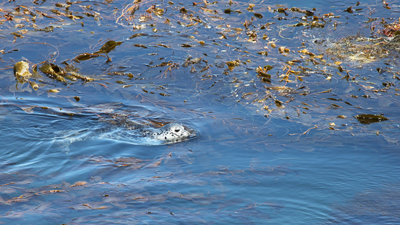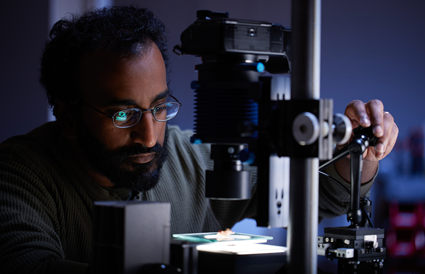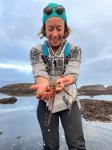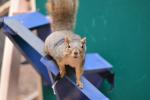Application Now Open: IB Summer Undergraduate Research Experience Program
Submitted by mjalbe on Mon, 01/29/2024 - 12:12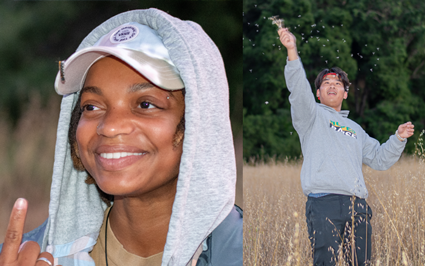
Justice Williams and Stephen Eun Song, 2023 IBSURE interns.
The IB Summer Undergraduate Research Experience (IB SURE) Program has now opened it's application. This program is for undergraduates or recent undergraduates who are considering a graduate degree in the biological sciences. Program runs from May 31 - Aug 9, 2024. Interested students should apply by April 1, 2024. See here for more information.
